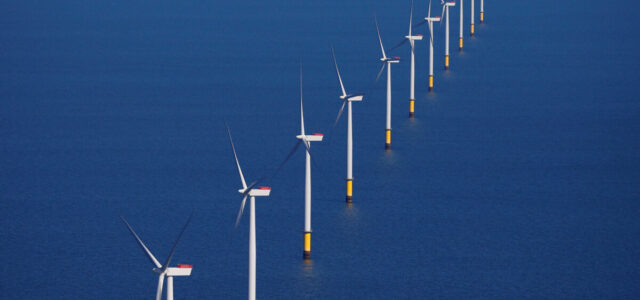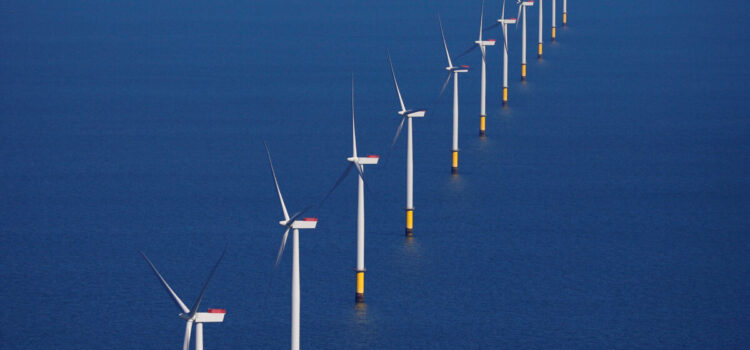

Offshore wind farm energy deal gets $1.6B investment from Norway
EnvironmentInternationalNewsWeather Apr 8, 2021 Saloni Bhugra

(Reuters) – Norway’s $1.3 trillion sovereign wealth fund has directly invested in a renewable energy project for the first time.
The fund purchased a 50 per cent stake in the Borssele 1 and 2 wind farm off the Netherlands for $1.63 billion from Denmark’s Orsted, which will resume to co-own and run the facility.
Until last year, the parliament only allowed the fund to invest in stocks, bonds, and property. Therefore, such direct investment is novel for the fund.
The Borssele is the world’s second-largest marine wind farm in effect, with an inducted capacity of 752 megawatts, which can produce the equivalent of the annual electricity consumption for about a million Dutch households.
The completion of the agreement is expected in the second or third quarter of 2021.
The deal will boost Orsted’s 2021 profit before interest, tax, depreciation, and amortization (EBITDA) by an estimated $799.5 million, Orsted said.
Danske Bank said in a research note the agreement will expand Orsted’s financial resilience. “We also think that the implied valuation on Borssele 1&2 seems attractive compared to market expectations,” it said.
Global rivalry for offshore wind power is so fierce that license auctions now resemble the oil and gas competitions of just a few years ago.
Altogether, the Norwegian wealth fund is hoping to invest some $12 billion between 2020 and 2022 in unlisted renewable projects such as wind parks and solar farms, focusing on North America and Europe only, as mandated by parliament.
“We want to focus on large transactions so we don’t spend so much time on the smaller ones,” Boerge Sivertsen, the fund’s head of renewable infrastructure, told Reuters. “We don’t want to have too many assets.”
In October, Chief Executive Nicolai Tangen said the fund was facing difficulties finding appropriate investments because of the paucity of projects and solid competition for stakes in them.
“We are getting approached every day,” Mie Holstad, the fund’s chief real assets officer, told Reuters. Last year, the fund closely assessed eight possible transactions, she said.
The fund could associate again with Orsted, or others, on other such projects, she added. Joint projects with a select few have been a preferred model for the fund and its real estate investments.






